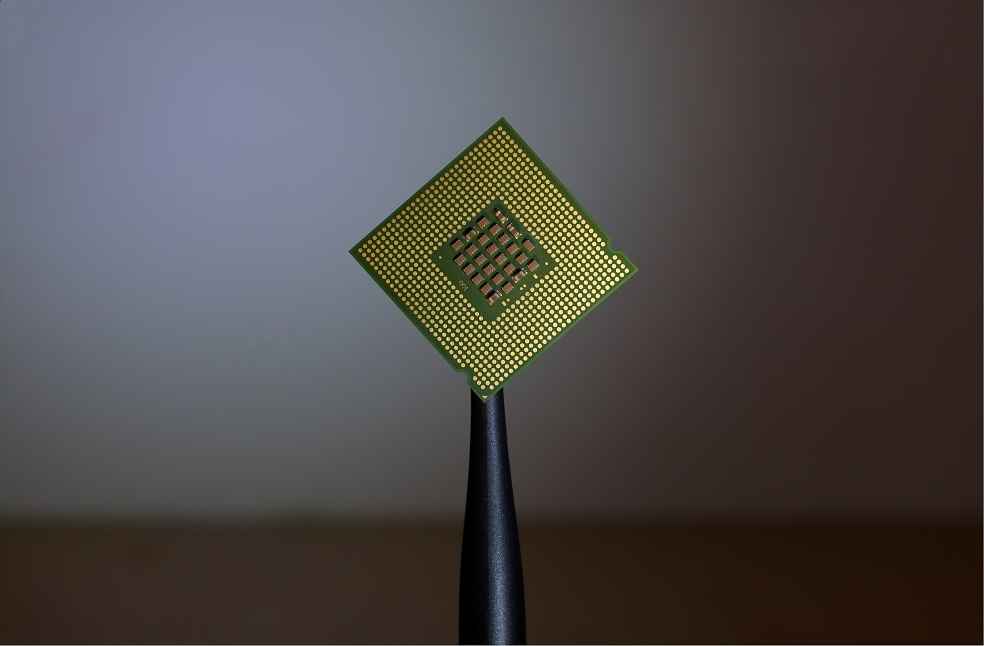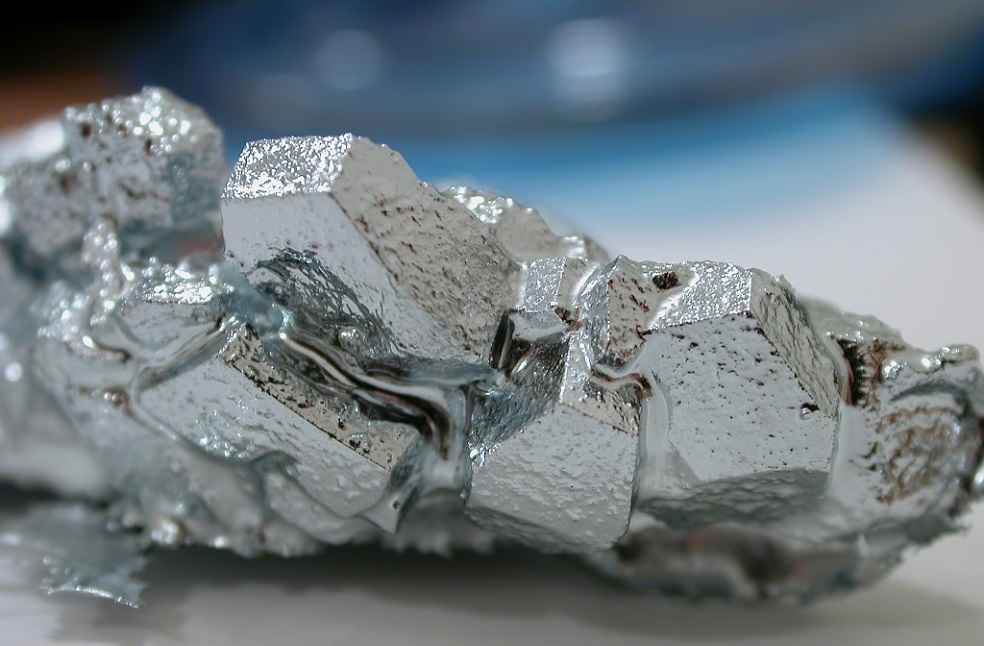As the chipmaking mineral exports war with the West intensifies, China has taken a decisive step by imposing export controls on gallium and germanium starting next month. This tighter regulation on these crucial minerals, fundamental to the semiconductor and electronics industries, exemplifies China’s commitment to safeguarding its national security and interests.

A joint announcement by the Ministry of Commerce (MOFCOM) and the General Administration of Customs (GAC) detailed the decision, “To safeguard national security and interests, with the approval of the State Council, it has been decided to implement export controls on items related to gallium and germanium.”
From August 1, specific items associated with these minerals will require approval for export, including eight items linked to gallium and six items tied to germanium. Exporters must obtain permission from local commerce authorities, and MOFCOM must endorse this before any export can occur. Those who fail to comply will face potential criminal charges and fines.
These minerals are integral to the electronic industry: germanium finds application in fiber optics and semiconductors, and gallium is a vital element in creating chipsets for devices like portable phones and computer motherboards.

China currently dominates the global market for these minerals. Fierce Electronics, an industry information provider, reported that China supplies 95% of the world’s raw gallium, used in generating high-frequency raid waves in 5G base stations. In addition, it is a significant provider of germanium, used in electronics, fiber and infrared optics, PET plastics, and solar panels. The European Union recognizes germanium as a critical raw material, importing roughly 17% of its supply from China.
The export control move follows recent measures by the US and its allies to curb China’s advancements in the semiconductor field. For instance, under US pressure, the Netherlands recently enforced restrictions on exports of certain advanced semiconductor equipment, impacting the operations of Dutch chipmaking equipment giant, ASML.

China’s response to these actions has been clear, urging respect for market principles and contractual obligations. The nation has also criticized the US for utilizing export control measures to sustain its dominance while destabilizing global supply chains.
Chinese industry analysts have expressed the view that in the face of increasing technological pressure and the ensuing chip war, it is not only normal but also essential for China to act proactively in securing its technological progress and protecting its national security and interests.
DON’T MISS IT: The Volte Secures $4M Series A Funding Led by eBay Ventures



